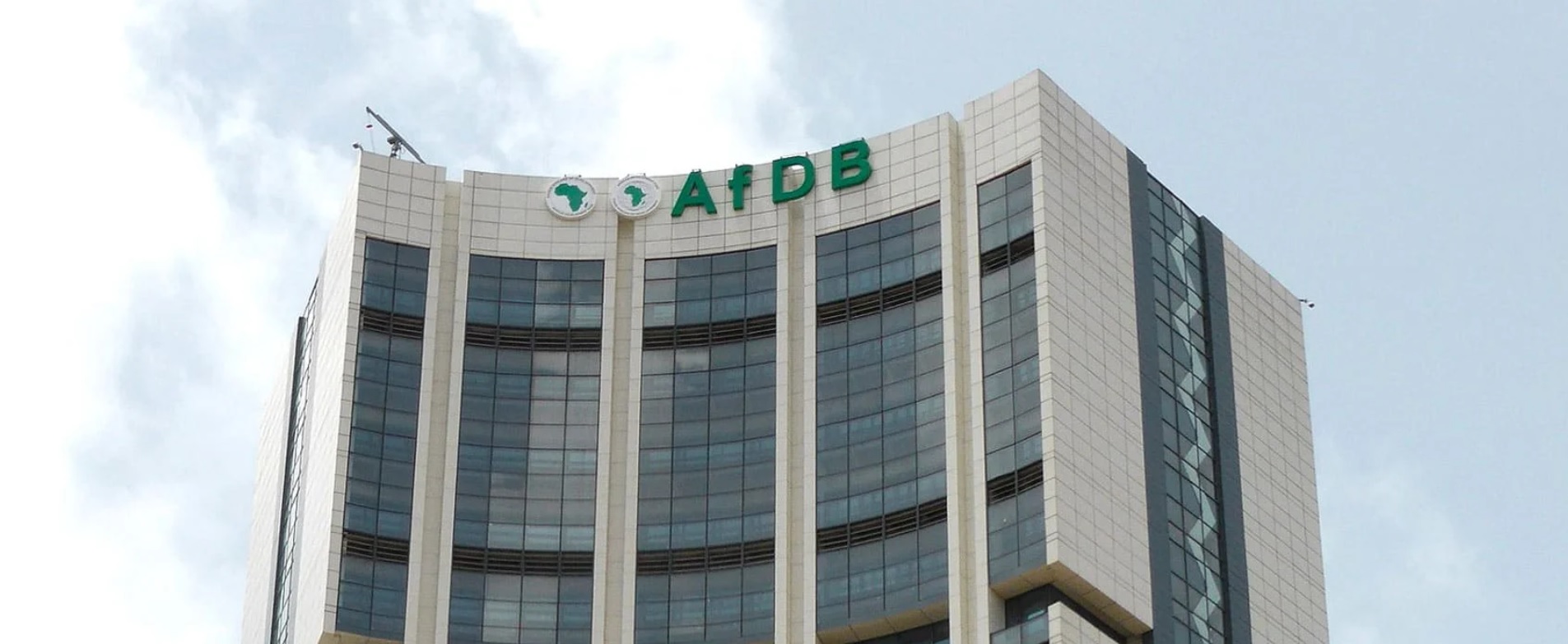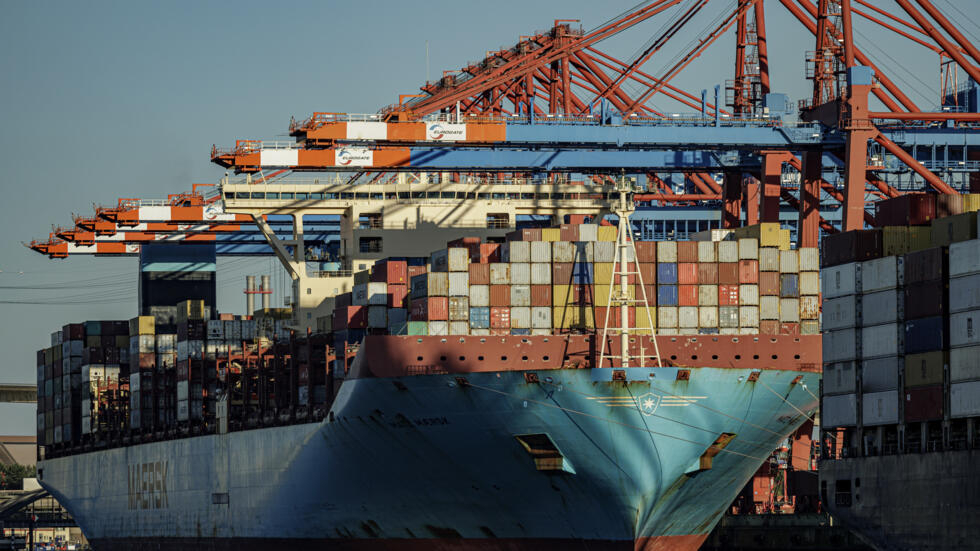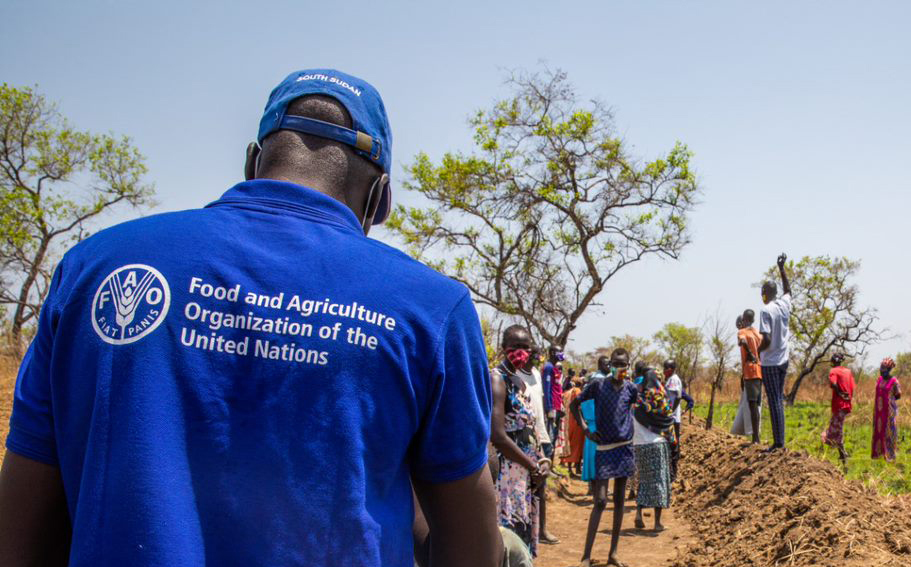NEWS BRIEFS
Maersk to avoid Red Sea
AFP
Shipping giant Maersk said Friday that it would divert all vessels around Africa instead of using the Red Sea and Suez Canal for the “foreseeable future” after Yemeni rebels attacked its merchant ships.
The Danish company cited the highly volatile situation and noted that the security risk remains high.
Since November 18, 25 commercial vessels operating in the southern Red Sea and Gulf of Aden have been attacked.
On 3 January, 12 nations - led by the US - jointly urged Yemen's Houthi rebels for an “immediate end of these illegal attacks and release of unlawfully detained vessels and crews,” while warning of “consequences”.
With 12% of world trade passing through it, according to the International Chamber of Shipping (ICS), the Red Sea is a “crucial waterway” linking the Mediterranean to the Indian Ocean, and hence Europe to Asia.
Some 20 000 ships pass through the Suez Canal every year, the gateway for ships entering and leaving the zone.
Ethiopia becomes Africa’s 3rd largest defaulter
Reuters
Ethiopia became Africa’s third default in as many years on Tuesday after it failed to make a US$33 million (N$616 million) “coupon” payment on its only international government bond.
Africa’s second most populous country announced earlier this month that it intended to formally go into default, having been under severe financial strain in the wake of the Covid-19 pandemic and a two-year civil war that ended in November 2022.
It was supposed to make the payment on December 11, but technically had up until Tuesday to provide the money due to a 14-day “grace period” clause written into the US$1 billion bond.
According to two sources familiar with the situation, bondholders had not been paid the coupon as of the end of Friday, December 22, the last international banking working day before the grace period expires.
Ethiopian government officials did not respond to requests for comment on Friday or over the weekend, but the widely-expected default will see it join two other African nations, Zambia and Ghana, in a full-scale “common framework” restructuring.
EU carbon tax could cost Africa US$25 billion
BUSINESS REPORT
Africa could lose up to US$25 billion (N$472 billion) a year as a result of the EU Carbon Border Tax Adjustment Mechanism, African Development Bank (AfDB) group president Dr Akinwumi Adesina said yesterday.
He was addressing delegates at the Sustainable Trade Africa Conference at the UAE Trade Centre in Dubai.
The new EU carbon border tax could significantly constrain Africa’s trade and industrialisation progress by penalising value-added exports including steel, cement, iron, aluminium and fertilisers.
Adesina said that with Africa’s energy deficit and reliance mainly on fossil fuels, especially diesel, the implication was that Africa would be forced to export raw commodities again into Europe, which would further cause de-industrialisation of Africa.
“Africa has been short-changed by climate change; now it will be short-changed in global trade,” Adesina said.
Global food prices dropped 13.7% in 2023: FAO
AFP
World food prices fell in 2023, with considerable declines for grains and oils as supply concerns eased, the UN's Food and Agriculture Organization (FAO) said on Friday.
Overall, world food commodity prices fell 13.7% in 2023 against the previous year, the Rome-based FAO said.
The FAO's cereals price index fell 15.4%, “reflecting well supplied global markets” compared to 2022, when prices soared after Russia’s invasion of Ukraine, a major grain exporter.
While supply concerns eased for wheat and maize, the opposite was true for rice due to the impact of the El Niño weather phenomenon and India restricting exports. Rice prices jumped 21% last year.
The vegetable oil price index posted the biggest fall last year, dropping 32.7% thanks to improved supplies and reduced use for biofuel production.
Sony PlayStation 5 sales cross 50 million units
AFP
Sales of Sony’s PlayStation 5 have crossed 50 million units, the Japanese electronics giant said, pointing to “strong momentum“ this year for its flagship gaming console.
The PS5 was launched in November 2020, with the world in the grip of the Covid pandemic, and its sales initially suffered because of widespread supply chain problems and a global chip shortage.
The PS5 reached the 50-million-unit milestone in almost the same period as its predecessor, the PS4, with Sony saying its flagship console enjoyed “strong momentum” in 2023.
“We’re thrilled that this is the first holiday season since launch that we have a full supply of PS5 consoles – so anyone who wants to get one can get one,” Jim Ryan, president and CEO of Sony Interactive Entertainment said.
AFP
Shipping giant Maersk said Friday that it would divert all vessels around Africa instead of using the Red Sea and Suez Canal for the “foreseeable future” after Yemeni rebels attacked its merchant ships.
The Danish company cited the highly volatile situation and noted that the security risk remains high.
Since November 18, 25 commercial vessels operating in the southern Red Sea and Gulf of Aden have been attacked.
On 3 January, 12 nations - led by the US - jointly urged Yemen's Houthi rebels for an “immediate end of these illegal attacks and release of unlawfully detained vessels and crews,” while warning of “consequences”.
With 12% of world trade passing through it, according to the International Chamber of Shipping (ICS), the Red Sea is a “crucial waterway” linking the Mediterranean to the Indian Ocean, and hence Europe to Asia.
Some 20 000 ships pass through the Suez Canal every year, the gateway for ships entering and leaving the zone.
Ethiopia becomes Africa’s 3rd largest defaulter
Reuters
Ethiopia became Africa’s third default in as many years on Tuesday after it failed to make a US$33 million (N$616 million) “coupon” payment on its only international government bond.
Africa’s second most populous country announced earlier this month that it intended to formally go into default, having been under severe financial strain in the wake of the Covid-19 pandemic and a two-year civil war that ended in November 2022.
It was supposed to make the payment on December 11, but technically had up until Tuesday to provide the money due to a 14-day “grace period” clause written into the US$1 billion bond.
According to two sources familiar with the situation, bondholders had not been paid the coupon as of the end of Friday, December 22, the last international banking working day before the grace period expires.
Ethiopian government officials did not respond to requests for comment on Friday or over the weekend, but the widely-expected default will see it join two other African nations, Zambia and Ghana, in a full-scale “common framework” restructuring.
EU carbon tax could cost Africa US$25 billion
BUSINESS REPORT
Africa could lose up to US$25 billion (N$472 billion) a year as a result of the EU Carbon Border Tax Adjustment Mechanism, African Development Bank (AfDB) group president Dr Akinwumi Adesina said yesterday.
He was addressing delegates at the Sustainable Trade Africa Conference at the UAE Trade Centre in Dubai.
The new EU carbon border tax could significantly constrain Africa’s trade and industrialisation progress by penalising value-added exports including steel, cement, iron, aluminium and fertilisers.
Adesina said that with Africa’s energy deficit and reliance mainly on fossil fuels, especially diesel, the implication was that Africa would be forced to export raw commodities again into Europe, which would further cause de-industrialisation of Africa.
“Africa has been short-changed by climate change; now it will be short-changed in global trade,” Adesina said.
Global food prices dropped 13.7% in 2023: FAO
AFP
World food prices fell in 2023, with considerable declines for grains and oils as supply concerns eased, the UN's Food and Agriculture Organization (FAO) said on Friday.
Overall, world food commodity prices fell 13.7% in 2023 against the previous year, the Rome-based FAO said.
The FAO's cereals price index fell 15.4%, “reflecting well supplied global markets” compared to 2022, when prices soared after Russia’s invasion of Ukraine, a major grain exporter.
While supply concerns eased for wheat and maize, the opposite was true for rice due to the impact of the El Niño weather phenomenon and India restricting exports. Rice prices jumped 21% last year.
The vegetable oil price index posted the biggest fall last year, dropping 32.7% thanks to improved supplies and reduced use for biofuel production.
Sony PlayStation 5 sales cross 50 million units
AFP
Sales of Sony’s PlayStation 5 have crossed 50 million units, the Japanese electronics giant said, pointing to “strong momentum“ this year for its flagship gaming console.
The PS5 was launched in November 2020, with the world in the grip of the Covid pandemic, and its sales initially suffered because of widespread supply chain problems and a global chip shortage.
The PS5 reached the 50-million-unit milestone in almost the same period as its predecessor, the PS4, with Sony saying its flagship console enjoyed “strong momentum” in 2023.
“We’re thrilled that this is the first holiday season since launch that we have a full supply of PS5 consoles – so anyone who wants to get one can get one,” Jim Ryan, president and CEO of Sony Interactive Entertainment said.






Kommentaar
Republikein
Geen kommentaar is op hierdie artikel gelaat nie